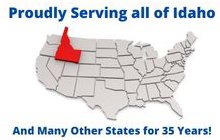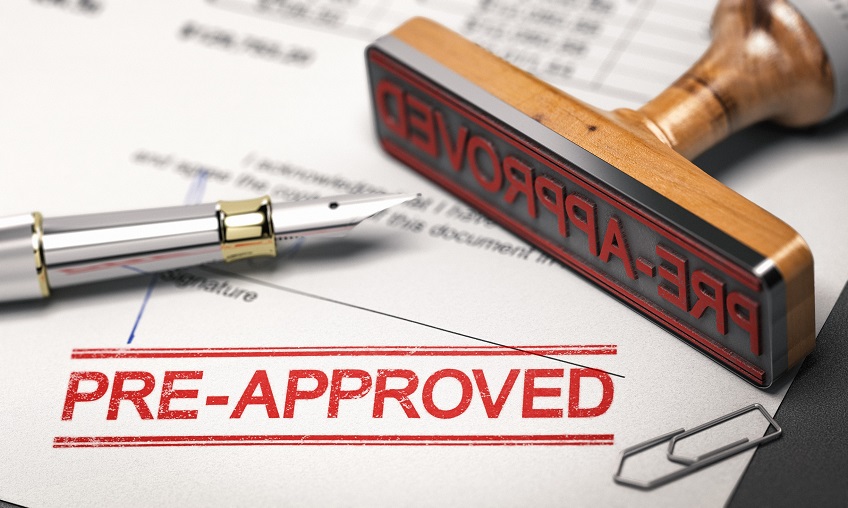As you prepare to buy a home, an important step in the process is getting pre-approved for a loan. With a pre-approval, you can prove you have the buying power when you write an offer on a home. It shows sellers you’re serious and ready to commit. The process may sound daunting, but this blog is here to walk you through the steps so you’re prepared.
Factors that Affect Your Pre-Approval
Think of a pre-approval like a physical exam for your finances. Lenders will look at factors such as your debt-to-income (DTI) ratio, loan-to-value (LTV) ratio, credit history, FICO score, income, and employment history. For more information on how DTI ratios are calculated, check out our blog here. The reason for this financial physical exam is so that lenders ensure the mortgage will be repaid appropriately.
A pre-qualification is different than a pre-approval, which you can read more on here, but essentially a pre-qualification is a quick check to see your budget as you stop shopping whereas a pre-approval is much more concrete.
When to Get a Pre-Approval
A pre-approval is valid for between 60 and 90 days. Lenders need to put an expiration date on it because your financial situation could change in that timeframe, adjusting the qualifications of a loan. If you want to buy a home and are worried about your financial situation, it’s a good idea to see a lender and go through the pre-approval process to help you identify any issues and give you the chance to address anything. Being proactive with this approach will provide you with time to save for a downpayment, closing costs, and get you in a stronger buying position.
What You Need to Do
The first item of business in the pre-approval process is to fill out a mortgage application. You will need to provide your social security number, which is required in order to pull your credit. On the application, you will likely fill out the type of mortgage you’re applying for, the terms of the loan, the purpose of the loan and possibly information on the property you’re seeking, borrower information, your employment information, monthly income, housing expenses, your assets and liabilities, details of the transaction (your lender will assist on this), and any declarations (bankruptcies, delinquencies, pending lawsuits, citizenship, etc.).
After you’ve filled out the application, you will need to fill out a document called a loan estimate. This helps specify the maximum loan amount and is beneficial in narrowing down your budget. If you’re pre-approved, the loan file will transfer to an underwriter who verifies everything and makes sure all guidelines are met. Be prepared with some bank statements, pay stubs, W-2s, income tax returns, asset statements, and driver’s license or passport. If you have divorce papers or a financial gift, you’ll also need papers for that.
It may take about a week for the pre-approval process. Typically, if you’re pre-approved, you’ll be able to secure a loan. The important thing is to disclose everything and be honest to avoid any potential issues down the road. To get started on your pre-approval, contact InterWest Mortgage today.





